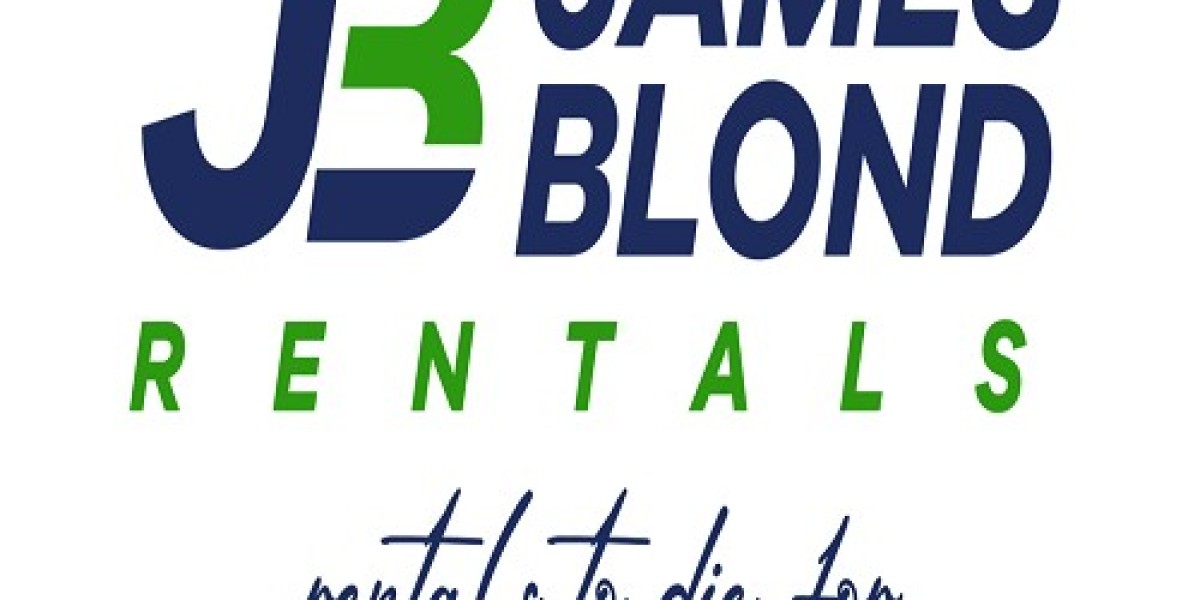Startups in India thrive on hustle — but HR isn’t something you want to hustle through. From juggling resumes and tracking leaves to disbursing salaries on time, founders often find themselves buried in repetitive HR tasks. In a recent report by Nasscom, nearly 60% of Indian startups cite operational inefficiencies — especially HR processes — as a major growth hurdle.
That’s where HR automation steps in. This post explores how automation tools are helping Indian startups streamline hiring, payroll, and performance tracking — freeing up time and mental space to focus on what truly matters: growth, product, and people.
What is HR Automation?
HR automation refers to the use of software tools to handle repetitive, rule-based HR tasks with minimal manual intervention. These include everything from resume screening and onboarding to payroll processing and performance tracking.
Rather than relying on spreadsheets or emails, startups can now manage their workforce through centralized systems that are faster, more accurate, and scalable.
How Does HR Automation Work in Real-Time?
Data is centralized across attendance, salary, and employee records.
Triggers are set (e.g., auto-reminders for performance reviews).
Dashboards offer visibility to both HR teams and employees.
It’s like hiring a digital HR assistant that never sleeps.
Why Manual HR Slows Down Small Teams
For startups running lean, every minute counts. Manual HR processes create friction that slows things down.
Lack of real-time data – founders don’t have visibility into team performance or attrition risks.
Human errors in payroll – one wrong decimal can trigger distrust and disengagement.
Burnout for HR teams – repetitive admin work leaves no room for strategic HR.
Inconsistent onboarding – affects early employee experience and retention.
Delayed feedback cycles – makes performance management reactive, not proactive.
When you’re trying to scale fast, clunky HR isn’t just inefficient — it’s a risk.
5 HR Tasks Startups Should Automate Immediately
Here are five core functions where automation can bring immediate results for early-stage companies:
1. Attendance & Leave Management
No more Excel sheets or WhatsApp leave requests. Let employees punch in through geo-tagging apps and apply for leaves digitally.
2. Shift Scheduling
Especially useful for customer service or operations teams. Auto-assign shifts based on roles, workload, or rotation cycles.
3. Payroll & Payslip Generation
Generate accurate payslips in seconds, with tax, PF, ESI, and compliance automatically calculated.
4. Performance Review Reminders
Auto-trigger review cycles, feedback forms, and reminders for managers and team members.
5. Employee Onboarding
Digitize documentation, welcome emails, asset allocation, and policy sharing — all through a structured onboarding workflow.
Key Benefits of HR Automation for SMEs
Here’s what startups gain from moving to automation:
Time Saved: Up to 12–15 hours/month saved per HR team member
Reduced Errors: Payroll accuracy improves with fewer disputes
Better Employee Experience: Self-service portals = empowered employees
Compliance Made Easy: Auto-updated with statutory laws & filings
Remote-Ready: Centralized access enables hybrid & remote teams to function smoothly
Faster Decision-Making: Dashboards show insights in real time
Real-Life Insight: A SaaS Startup that Switched Gears
One of our startup clients — a 40-member SaaS firm in Bengaluru — used to rely on spreadsheets for everything: attendance, salaries, hiring pipelines.
As the team grew, so did the confusion. Errors in salary credits, missed onboarding steps, and no visibility into leaves or approvals.
After switching to an HRMS tool, they:
Cut onboarding time from 6 days to 2
Reduced payroll disputes by 90%
Created a performance dashboard that gave team leads weekly insights
Automation didn’t just streamline their HR — it uplifted team morale and trust.
Conclusion: Why Automation is Non-Negotiable in 2025
Startups can’t afford to be bogged down by outdated HR processes. Every inefficiency compounds, every delay costs.
HR automation is no longer a luxury — it’s the foundation of a scalable, founder-friendly, employee-first work culture.
By automating hiring, payroll, performance reviews, and compliance, Indian startups can focus on growth without being buried in admin tasks. The time to switch is now.
About the Author
Piyance Arora is a Digital Marketing Person at Clan HRMS — a modern HR software built for Indian startups to automate their people operations, from hiring to payroll.
Explore how Clan HRMS is helping small teams achieve more → Clan HRMS
FAQs
What size of startup should consider HR automation?
Even a 5-person team can benefit. If you’re spending more time on admin than strategy, automation helps.
Does HR automation help with compliance in India?
Yes, most HRMS tools are built with PF, ESI, TDS, and other compliance norms pre-configured.
Is HR automation expensive for early-stage startups?
Not necessarily. Many tools (like Clan) offer pricing that fits small teams — and save money in the long run by preventing errors.







